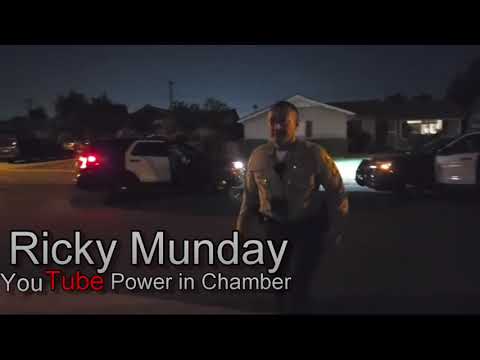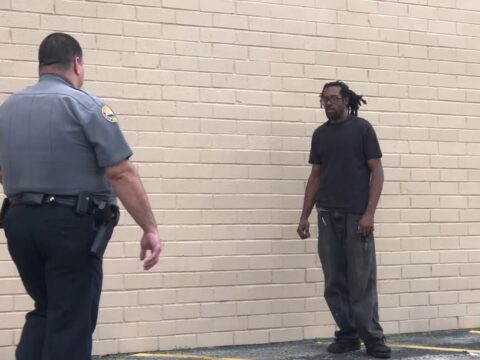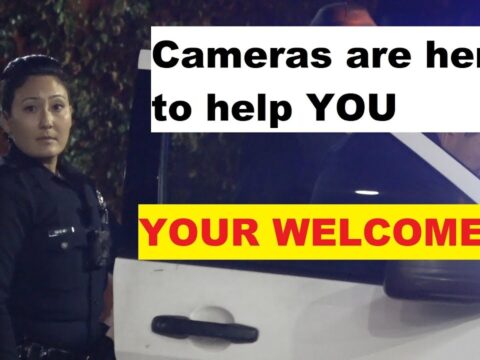Obligation and Duty vs A Tradition of Service
Understanding this information is crucial to understanding your position as relating to interacting with law enforcement and how court proceedings are created, and understanding the right not to contract or to contract and the principals of the right to be left alone. That information can be found in Hiibel v. Nevada 6th Judicial, (2004) https://www.law.cornell.edu/supremecourt/text/542/177#:~:text=HIIBEL%20v.%20SIXTH%20JUDICIAL%20DISTRICT%20COURT%20OF%20NEVADA%2C,during%20an%20investigative%20stop%20involving%20a%20reported%20assault.
This court case is related to the right to remain silent and that a minimum intrusion into an individual’s privacy is unconstitutional.
Another Supreme Court Case can be found in Kolender v. Lawson, (1983) is also a previous sited case Supreme Court decision related to the 4th and the 5th Amendment subject matters. Listen to the case summary here:
concerning the constitutionality of vague laws that allow police to demand that†loiterers “and “wanderers†provide “credible and reliable†identification. Edward Lawson was a law-abiding black man with suitable knowledge of the U.S. Constitution. LISTEN TO THIS CASE BY FOLLOWING LINK : https://supreme.justia.com/cases/federal/us/461/352/
Also cited along with Miranda v. Arizona (1966) The Court summarized its holding as thus: “the prosecution may not use statements, whether exculpatory or inculpatory, stemming from custodial interrogation of the defendant unless it demonstrates the use of procedural safeguards effective to secure the privilege against self-incrimination.†In this way, the Court held that not only is the individual made aware of their rights, but of the consequences of foregoing them. Furthermore, these rights exist throughout the questioning process. Even where an individual voluntarily, knowingly waives these rights, they may still exercise them later in the process, if they wish. If such a waiver occurs, the burden of proof rests on the government to demonstrate it was made within the bounds of the law. https://www.law.cornell.edu/wex/miranda_v._arizona_%281966%29
Terry v. Ohio (1968) [LISTEN TO COURT CASE BY LINK BELOW] ‘No right is held more sacred, or is more carefully guarded, by the common law, than the right of every individual to the possession and control of his own person, free from all restraint or interference of others, unless by clear and unquestionable authority of law.’ Union Pac. R. Co. v. Botsford, 141 U.S. 250, 251, 11 S.Ct. 1000, 1001, 35 L.Ed. 734 (1891).
https://supreme.justia.com/cases/federal/us/392/1/
Brown v. Texas, 443 U.S. 47 (1979), [LISTEN TO COURT CASE BY LINK BELOW] was a United States Supreme Court case in which the Court determined that the defendant’s arrest in El Paso, Texas, for a refusal to identify himself, after being seen and questioned in a high crime area, was not based on a reasonable suspicion of wrongdoing and thus violated the Fourth Amendment. Citations: 443 U.S.47 (more)99 S. Ct. 2637; 61 L. Ed. 2d 357
** (Disclaimer: This video content is intended for educational and informational purposes only) **





















1 watching now Premiere in progress. Started less than 1 minute ago Obligation and Duty vs A Tradition of Service
Understanding this information is crucial to understanding your position as relating to interacting with law enforcement and how court proceedings are created, and understanding the right not to contract or to contract and the principals of the right to be left alone. That information can be found in Hiibel v. Nevada 6th Judicial, (2004) https://www.law.cornell.edu/supremeco….
This court case is related to the right to remain silent and that a minimum intrusion into an individual's privacy is unconstitutional.
Another Supreme Court Case can be found in Kolender v. Lawson, (1983) is also a previous sited case Supreme Court decision related to the 4th and the 5th Amendment subject matters. Listen to the case summary here:
concerning the constitutionality of vague laws that allow police to demand that†loiterers “and “wanderers†provide “credible and reliable†identification. Edward Lawson was a law-abiding black man with suitable knowledge of the U.S. Constitution. LISTEN TO THIS CASE BY FOLLOWING LINK : https://supreme.justia.com/cases/fede…
Also cited along with Miranda v. Arizona (1966) The Court summarized its holding as thus: “the prosecution may not use statements, whether exculpatory or inculpatory, stemming from custodial interrogation of the defendant unless it demonstrates the use of procedural safeguards effective to secure the privilege against self-incrimination.†In this way, the Court held that not only is the individual made aware of their rights, but of the consequences of foregoing them. Furthermore, these rights exist throughout the questioning process. Even where an individual voluntarily, knowingly waives these rights, they may still exercise them later in the process, if they wish. If such a waiver occurs, the burden of proof rests on the government to demonstrate it was made within the bounds of the law. https://www.law.cornell.edu/wex/miran…
Terry v. Ohio (1968) [LISTEN TO COURT CASE BY LINK BELOW] 'No right is held more sacred, or is more carefully guarded, by the common law, than the right of every individual to the possession and control of his own person, free from all restraint or interference of others, unless by clear and unquestionable authority of law.' Union Pac. R. Co. v. Botsford, 141 U.S. 250, 251, 11 S.Ct. 1000, 1001, 35 L.Ed. 734 (1891).
https://supreme.justia.com/cases/fede…
Brown v. Texas, 443 U.S. 47 (1979), [LISTEN TO COURT CASE BY LINK BELOW] was a United States Supreme Court case in which the Court determined that the defendant's arrest in El Paso, Texas, for a refusal to identify himself, after being seen and questioned in a high crime area, was not based on a reasonable suspicion of wrongdoing and thus violated the Fourth Amendment. Citations: 443 U.S.47 (more)99 S. Ct. 2637; 61 L. Ed. 2d 357